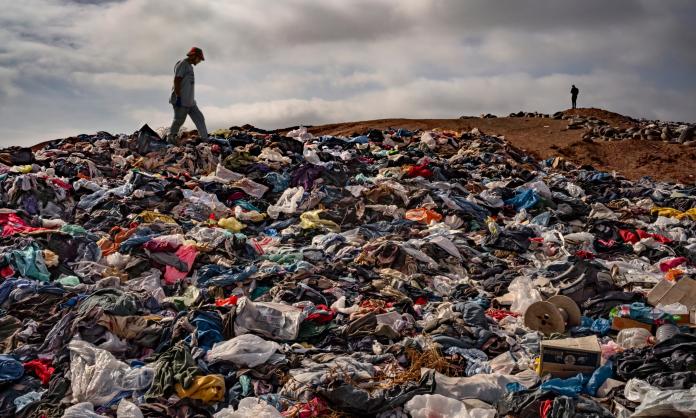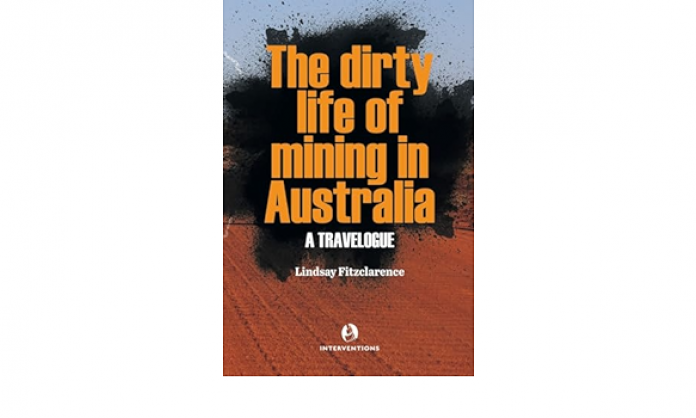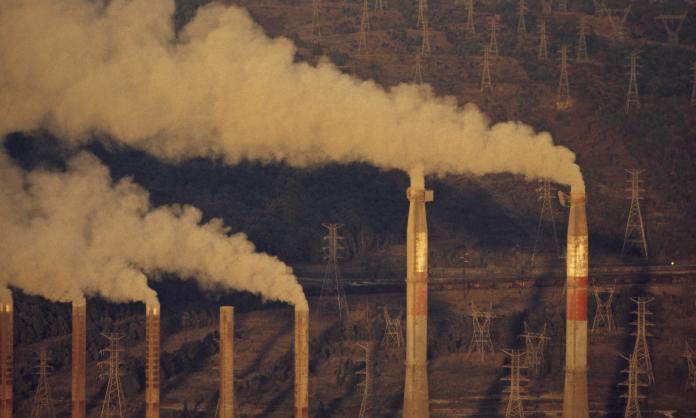The World Wide Fund for Nature’s Living Planet Report has revealed an average 68 percent drop in global wildlife population from 1970 to 2016. The loss of biodiversity will cause further environmental damage, impeding pollination and compromising water quality and natural flood control. Soil organism populations, which reduce greenhouse gas emissions, have also fallen.
“Nature is declining globally at rates unprecedented in millions of years”, Marco Lambertini, the organisation’s director general, wrote in the foreword to the 10 September report. Researchers monitored 20,811 vertebrate populations across 4,392 species for the Living Planet Index to determine the fall of 68 percent.
Climate change has not been the leading cause of biodiversity loss, although it soon will become so. Currently, other environmental impacts of capitalism—industrial agriculture, pollution, deep-sea mining, shipping and overfishing—are driving the decline in population sizes.
The report stresses the need for urgent action to protect the ecosystems humans depend on. Robert Watson, chair of the Intergovernmental Science-Policy Platform on Biodiversity and Ecosystem Services, writes in the first chapter that biodiversity degradation worsens conditions for those already living in poverty, threatening water quality, food security and access to medicines derived from plants.
Agriculture is indispensable for feeding the human population, yet it is also a leading cause of land degradation and climate change. Two of the reports researchers, Sarah Doornbos and Natasja Oerlemans, argue that we must transform food production for the sake of humans and the environment. The report’s Bending the Curve Initiative claims to provide the first proof that we can both reverse biodiversity loss from land use and feed the world’s growing population.
Conservation efforts can prevent the extinction of many species. But, as Lambertini says, a “deep cultural and systemic shift is urgently needed, one that so far our civilisation has failed to embrace: a transition to a society and economic system that values nature”.









